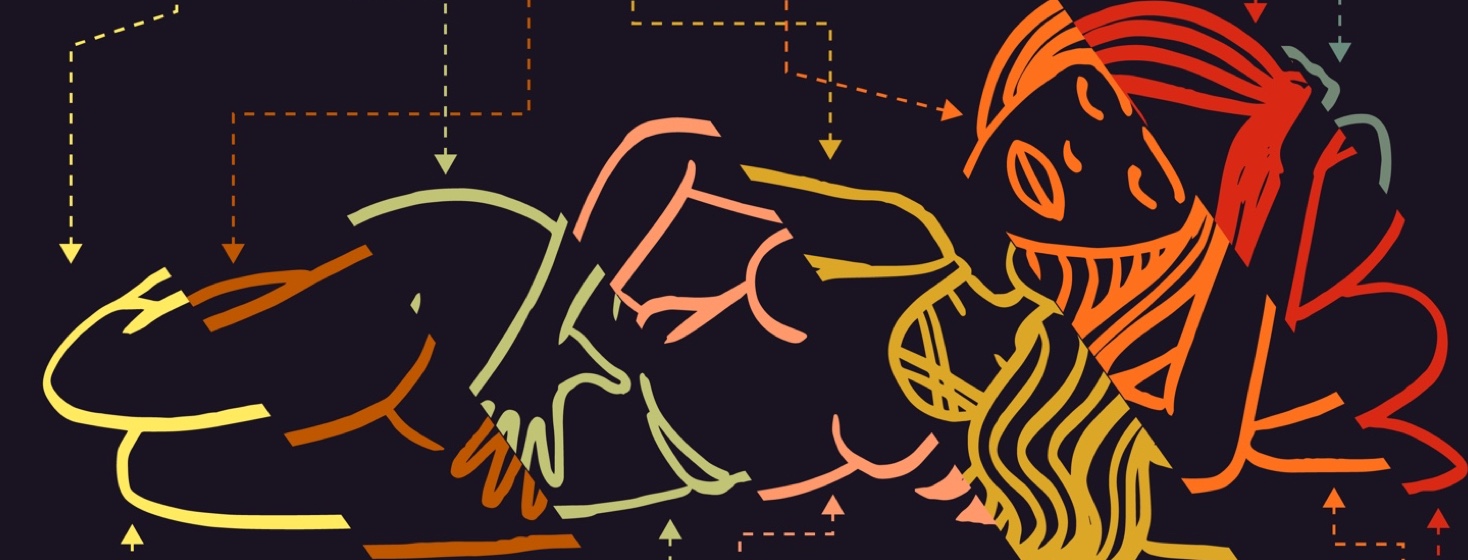Is There a Connection Between Restless Legs Syndrome and Gut Health?
Restless legs syndrome (RLS) is a condition hallmarked by the constant urge to move the legs. There is no cure for RLS. Doctors think RLS could be caused by many factors. Some of these factors include:1,2
- Low iron in the brain
- Imbalances in dopamine and/or hormones
- Bad blood flow to the legs
Many people with gastrointestinal (GI) issues like celiac disease, Crohn’s disease, and irritable bowel syndrome (IBS) also have RLS. GI issues can be linked to changes in gut bacteria. These changes can cause inflammation and/or trigger the immune system. Doctors are trying to determine if abnormal gut bacteria cause RLS or if the two conditions are simply linked.3-5
What is the link between gut bacteria and chronic disease?
Your gut is filled with a mix of bacteria. This is called the gut microbiome. It is altered by diet and lifestyle. Changes to gut bacteria affect the immune system. Unbalanced microbiomes have been associated with GI, neurological, heart, and lung diseases.5
What is the link between gut health and RLS?
A 2011 study showed higher rates of RLS in people with GI diseases like celiac disease, Crohn’s disease, and IBS. Celiac disease is an immune disease, while IBS and Crohn’s disease cause inflammation. All decrease movements of the digestive system, causing diarrhea or constipation. This raises your risk of another GI issue called small intestinal bacterial overgrowth (SIBO). One small study found SIBO in all 7 people with RLS. SIBO is found in just 15 percent (1 in 7) of people without RLS.4,6,7
Do you have questions about your RLS? Click the button below to start a forum discussion.
How can changes to gut health lead to RLS?
Chronic GI problems, some caused by abnormal microbiomes, can cause gut inflammation or immune activation. How your body responds to changes in your gut microbiome could make you more likely to get RLS. It is possible that chronic GI issues, and your body’s response, also affect the peripheral nerves. Damaged peripheral nerves carry less oxygenated blood, which could cause RLS.4,8
What comes first: GI issues or RLS?
Of the 47 health conditions linked to RLS, 42 (89 percent) involve inflammation or trigger the immune system. A 2012 study that looked at the link between IBS and RLS showed that 9 of 32 people with RLS (28 percent) had IBS. This is in comparison to just 1 of 25 (4 percent) healthy controls. Some had IBS before RLS. It is likely that the inflammation or immune changes from GI problems leads to RLS.4,6
What is the connection between iron, the gut, and RLS?
Low brain iron is linked to RLS. A lack of iron in the diet, along with gut inflammation from GI issues, may cause low brain iron. Bad GI issues can cause anemia, or low iron. If severe, anemia may deplete brain iron.1,2,4,6
Does treating our body’s microbiome stop chronic diseases?
If an unbalanced microbiome is linked to chronic diseases like RLS, correcting the body’s microbiome may stop chronic diseases from occurring. This is an active area of research, but more needs to be done. Doctors must first figure out the best treatment to correct the microbiome. They can then determine if there is any effect on the rates of chronic diseases.5
RLS is the latest disease linked to the gut microbiome. Disruptions in the gut microbiome have been associated with RLS, but this does not mean an abnormal microbiome causes RLS. More research is needed to determine if there is a causal relationship or if the two are just linked.5

Join the conversation